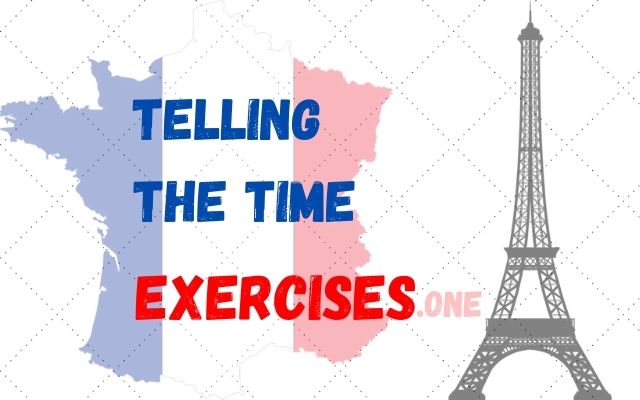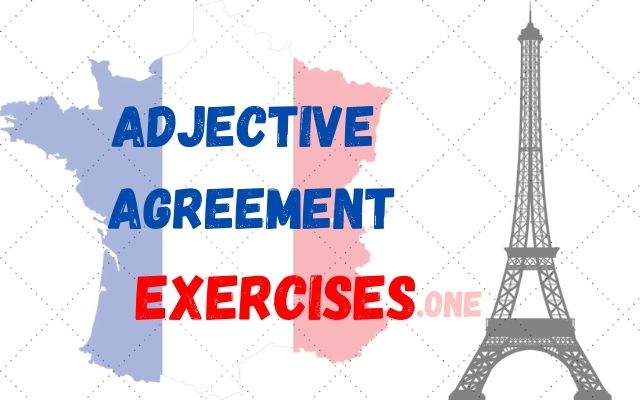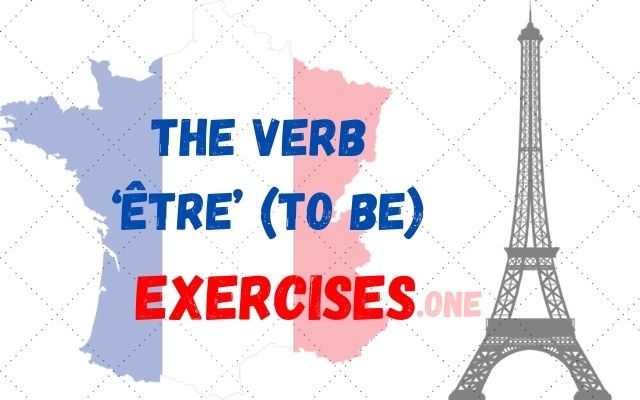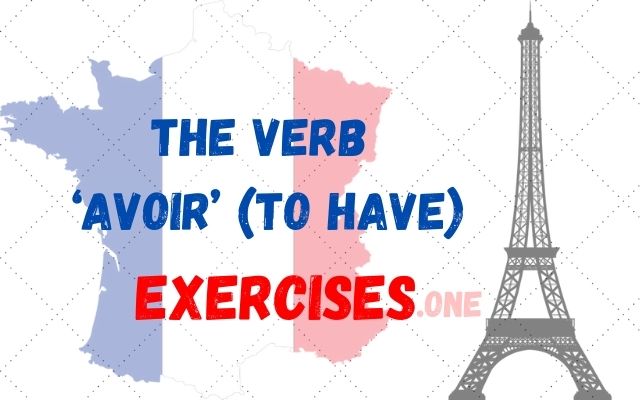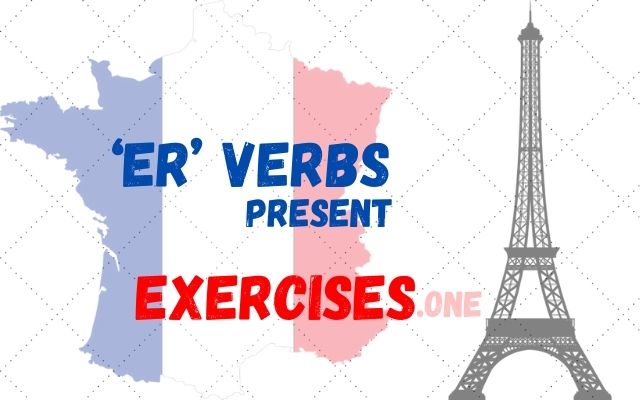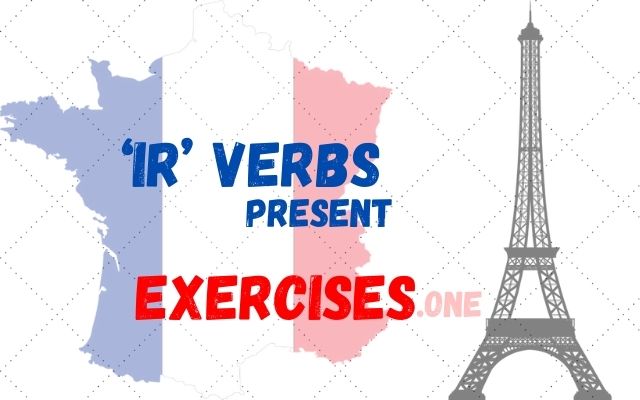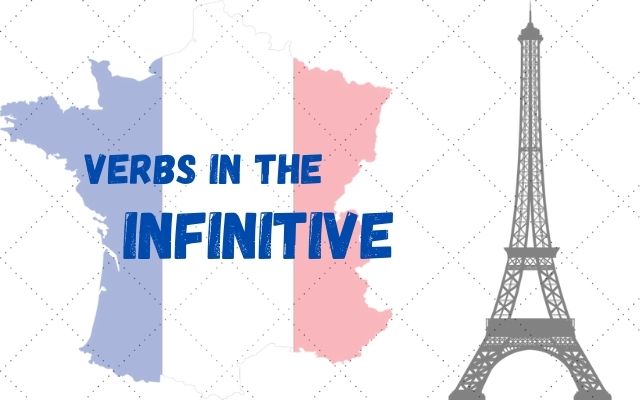
In English, you recognise verbs in the infinitive because they all have ‘to’ in front of them (to dance, to sing, to be…) In French, you don’t recognise verbs in the infinitive with what is in front of them but with their endings.
There are 3 different types of verbs in the infinitive in French.
‘er’ verbs
chanter (to sing), danser (to dance), rêver (to dream)…
‘re’ verbs
prendre (to take), rendre (to give back), attendre (to wait)…
‘ir’ verbs
finir (to finish), rougir (to blush), choisir (to choose)…
Dictionary
When you look up a verb in the dictionary, you will always find it in its infinitive form, its most basic form. It is then up to you to conjugate it.
Examples of structures/expressions with the infinitive
When two verbs are following each other
You cannot have two conjugated verbs following each other. One of them will have to be in the infinitive. If two verbs are right next to each other in a sentence, the first one will be conjugated and the second one will be in the infinitive.
Examples:
J’aime jouer aux cartes.
I like to play cards.
Il va chercher son sac.
He is getting his bag.
Nous adorons partir en vacances.
We love going on holidays.
With prepositions
Usually, after a preposition, you need a verb in the infinitive.
Examples:
Elle a réussi à parler français à mes parents.
She managed to talk French to my parents.
Je t’encourage vraiment à poser ta candidature.
I really encourage you to apply.
J’ai commencé à chanter à l’âge de 9 ans.
I started to sing when I was 9 years old.
Verbs in the infinitive and conjugation
All the verbs belonging to a same group follow the same pattern when you conjugate them in a specific tense IF they are regular verbs.
Present tense of ‘er’ verbs
The rule to conjugate regular ‘er’ verbs in the infinitive is:
– drop the ‘er’ of the infinitive (i.e. chanter (to sing) would become > chant)
– add the appropriate ending
Appropriate endings
je -e
tu -es
il, elle, on -e
nous – ons
vous – ez
ils, elles – ont
Example:
If you want to conjugate ‘chanter’ in the present tense:
Je chante. (I sing)
Tu chantes. (You sing – singular, informal)
Il, elle, on chante. (He/She sings, We sing.)
Nous chantons. (We sing)
Vous chantez. (You sing – plural, formal)
Ils, Elles chantent. (They sing)
You can apply the same method for all regular ‘er’ verbs that you want to conjugate in the present tense.
Present tense of ‘re’ verbs
The rule to conjugate regular ‘re’ verbs in the infinitive is:
– drop the ‘re’ of the infinitive (i.e. rendre (to give back) would become > rend)
– add the appropriate ending
Appropriate endings
je -s
tu -s
il, elle, on –
nous – ons
vous – ez
ils, elles – ent
Example:
If you want to conjugate ‘rendre’ in the present tense:
Je rends. (I give back)
Tu rends. (You give back – singular, informal)
Il, elle, on rend. (He/She gives back, We give back.)
Nous rendons. (We give back)
Vous rendez. (You give back – plural, formal)
Ils, Elles rendent. (They give back)
You can apply the same method for all regular ‘re’ verbs that you want to conjugate in the present tense.
Present tense of ‘ir’ verbs
The rule to conjugate regular ‘ir’ verbs in the infinitive is:
– drop the ‘ir’ of the infinitive (i.e. finir (to finish) would become > fin)
– add the appropriate ending
Appropriate endings
je -is
tu -is
il, elle, on -it
nous – issons
vous – issez
ils, elles – issent
Example:
If you want to conjugate ‘finir’ in the present tense:
Je finis. (I finish)
Tu finis. (You finish – singular, informal)
Il, elle, on finit. (He/She finishes, We give back.)
Nous finissons. (We finish)
Vous finissez. (You finish – plural, formal)
Ils, Elles finissent. (They finish)
You can apply the same method for all regular ‘ir’ verbs that you want to conjugate in the present tense.

